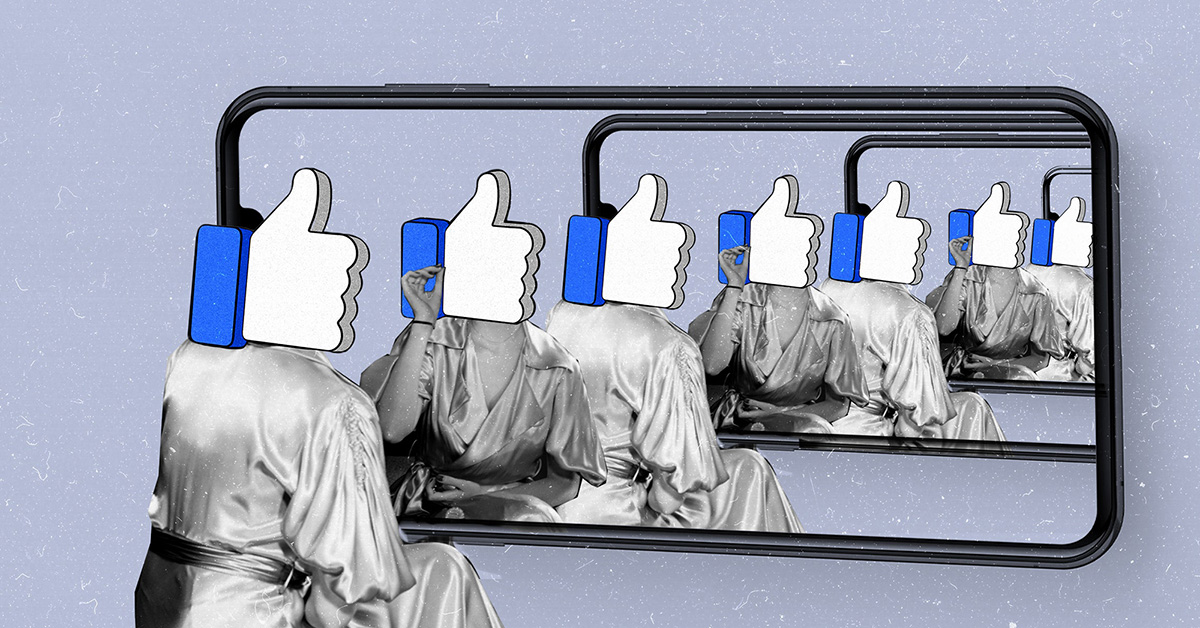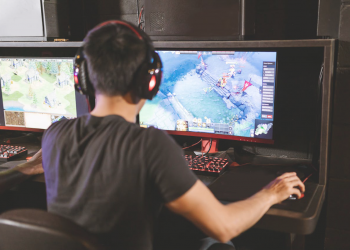Picture this.
It’s 10pm on a Monday evening, and like millions of young people around the world, you’re scrolling through your Instagram feed.
It starts off innocently enough.
One minute you’re swooning at a husky trying to talk to its owner (omg). The next, you’re cracking up at a meme that’s roasting you about your mental health (awks).
Then, a reel from one of your fave feminist influencers catches your eye.
But instead of tapping to watch the reel, you accidentally click on the comments. And a flood of misogynistic snipes flood your screen.
Triggered.
“Being a young person online in 2021 is a whirlwind of emotions,” a 17-year-old female from NSW told us.
“Scrolling through Instagram memes and seeing something funny, then looking in the comments to find blatant misogyny, racism, ableism and homophobia can really remind you of how some people in the world still act.”
Experts call this phenomenon and associated shock, the echo chamber effect.
And it’s particularly prevalent on social media where algorithms carefully curate comfortable, self-affirming feeds tailored to our preferences and beliefs while eliminating opposing viewpoints.
In fact, it’s the perfect recipe to help Gen Zs forget there are actually people around them with differing (less progressive) opinions (gasp!).
Feminist influencer Tara Marguiles educated her more than 40k followers about the echo chamber effect after she was trolled in the comments of a reel of hers which targeted misogynistic ‘red flags’.
“I’ve done so much work on surrounding myself with intelligent people who share my values, both off and online, that sometimes it’s these harsh reminders that I need to remember why I create the content that I do,” she wrote on an Instagram post on her feed @movewithtara
“We’re far from finished. The world is SO far from equal.”
So how can Gen Zs – the most progressive and diverse generation yet – navigate the triggers generated by the echo chamber effect?
Tara says that perhaps instead of assuming a person who has posted something triggering wants an argument, some good could come from giving people the benefit of the doubt.
“Some people genuinely just want to learn,” she said.
“I know because I’ve been on the receiving end of leaving a comment and being hit with a wave of keyboard warriors absolutely ripping it into me… It’s not fun.
“(However) I know it’s not our job to educate people (especially if there’s trauma attached) and I totally respect that not everyone can sideline their anger, cuz I’ve been that person too.
“But if we actually wanna make a difference, we need to at least attempt to bring people into the fold instead of pushing them away.”






